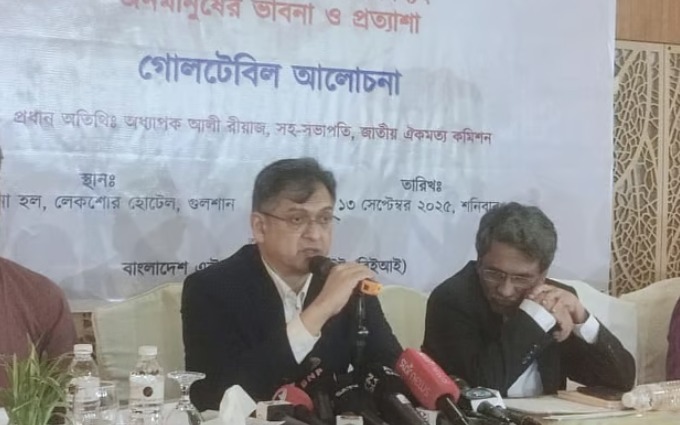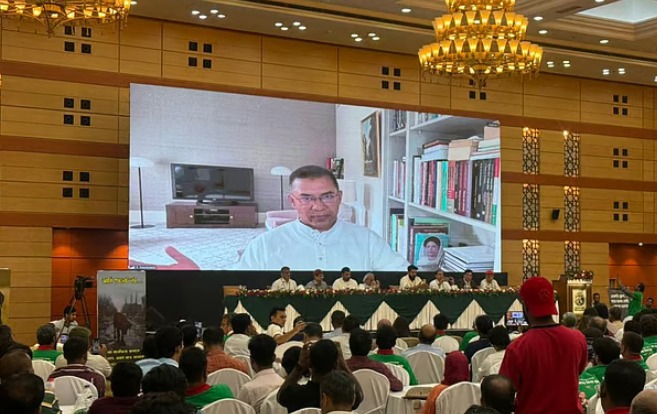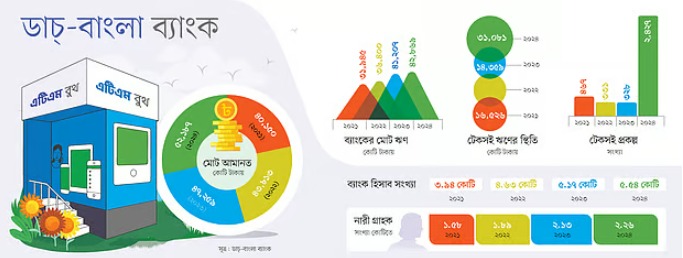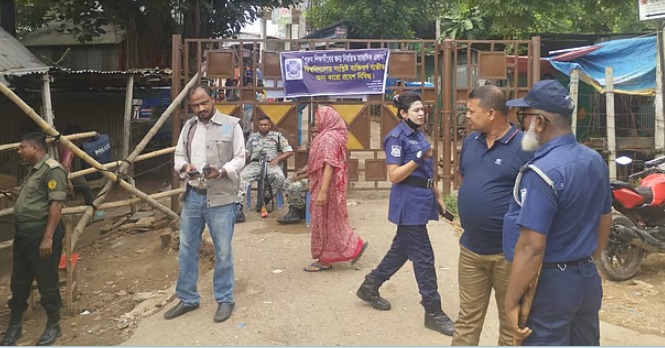Desk Report,
59 percent of people wanted reforms even 10 months ago: BEI study
59 percent of people wanted the interim government to implement reforms on a priority basis 10 months ago. This rate has decreased to 19 percent after 10 months—such information has emerged in a study by the Bangladesh Enterprise Institute (BEI).
59 percent of people wanted reforms even 10 months ago: BEI study
BEI announced this information while organizing a roundtable discussion in Gulshan, the capital, on Saturday. The period of this study titled ‘People’s Thoughts and Expectations for the Future of Democratic Bangladesh’ was from November 2024 to August 2025.
BEI Deputy Director Samiul Haque summarized the research paper. He said that in the research survey, they also asked respondents about elections. In November 2024, 12 percent of respondents voted in favor of elections. This rate increased to 24 percent in July 2025.
In November 2024, 29 percent of respondents voted in favor of implementing reforms and elections in a coordinated manner. However, 57 percent of respondents favored implementing reforms and elections in a coordinated manner in July 2025. The study gathered the opinions of respondents through surveys, discussions, dialogues, and interviews. 1,500 people from 12 districts including Dhaka participated in the study. These included representatives of various political parties, civil and business communities, women and youth, and media workers.
When asked how much the interim government was able to do in line with public expectations, 54.6 percent of respondents said it was “moderate.” In addition, 21.3 percent said it was “less,” 17.2 percent said it was “much less,” 2.5 percent said it was “much more,” and 7.40 percent said it was “more.”
Professor Ali Riaz, Vice Chairman of the National Consensus Commission, was present as the chief guest at the discussion. He said that Bangladesh’s democratic transition is not possible through elections alone. Building institutions is essential for a successful and sustainable transition.
BNP Standing Committee member Salahuddin Ahmed commented at the roundtable discussion that it would be excessive to expect reforms and changes overnight in the political context of Bangladesh.
Salahuddin said, ‘One of our senior politicians said that we can see black clouds in the northeast corner. But I do not see any clouds in the northeast corner. Because, if we analyze the political culture of Bangladesh, our electoral history, from here we can expect overnight, revolutionary changes. That is why I do not see any clouds in the northeast corner.’
Badiul Alam Majumder, a member of the National Consensus Commission, mentioned that students are used politically in the country’s educational institutions. He said, ‘Education has collapsed due to involving students in petty politics. Complications are being created in politics. Even after a hundred years, we have not been able to produce any senior scientists from Dhaka University; Rather, we are proud of the sacrifices of the students.’
BEI President Ambassador (Retd.) M Humayun Kabir delivered the welcoming and closing remarks at the discussion. He said, ‘We did not present our views in the research. We tried to present the expectations and opinions of the people. There is a kind of restlessness among the people. They want to come out of the old political system.’
The discussion also included Jonayed Saki, Chief Coordinator of the Mass Solidarity Movement, Tasnim Zara, Senior Joint Member Secretary of the NCP, Saiful Haque, General Secretary of the Revolutionary Workers Party, former Ambassador M Shafiullah, Mushtaq Hossain, Standing Committee Member of the Bangladesh JSD, Monir Haider, Special Assistant to the Chief Advisor (Consensus Building), and Rashed Khan, General Secretary of the Gana Adhikar Parishad, among others.
Apart from this, BNP Acting Chairman Tarique Rahman’s advisor Mahdi Amin, AB Party General Secretary Asaduzzaman Fuad and various political and social leaders were present.




